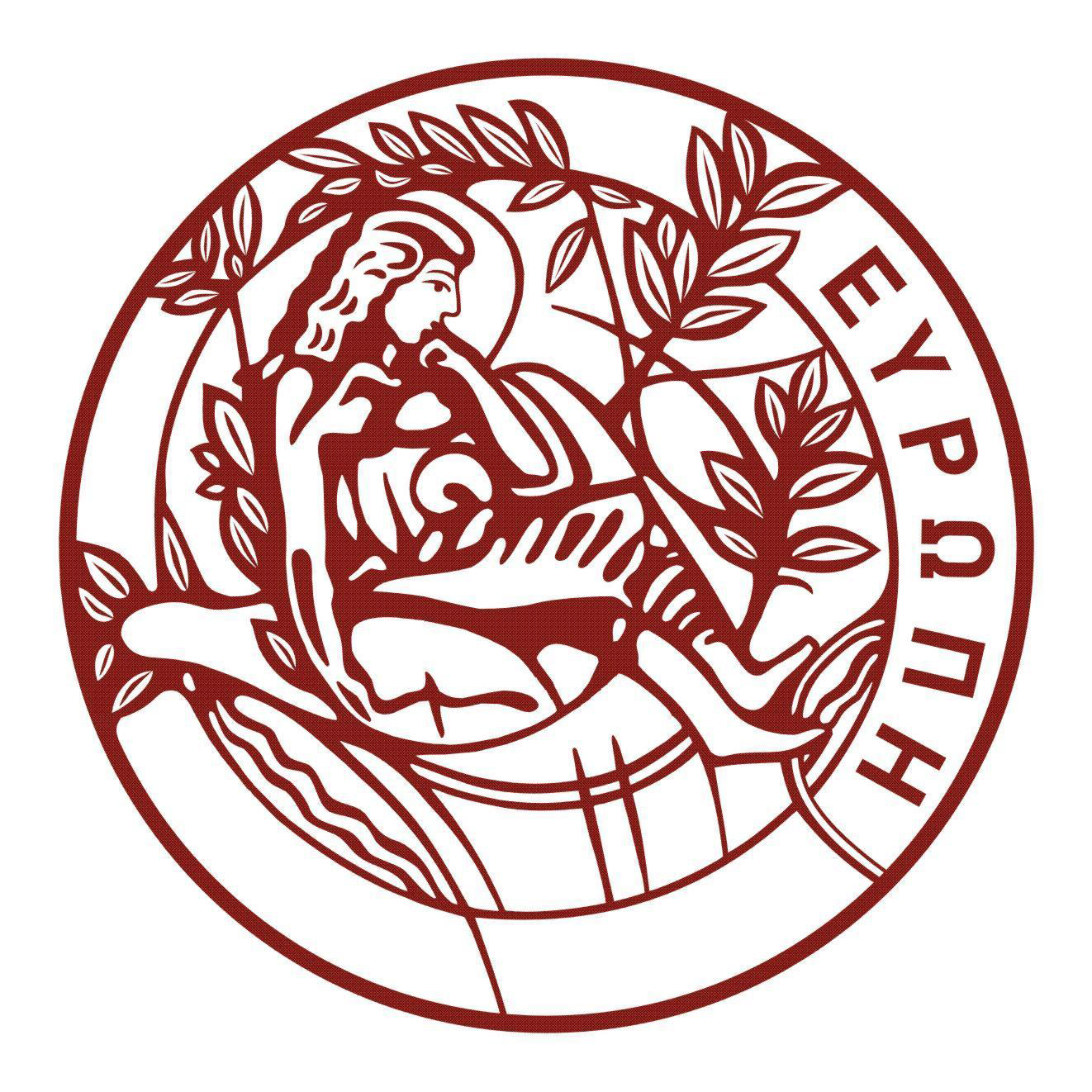
Erasmus KA107 - Mobility between Partner Countries
For 30 years, the European Union has funded the Erasmus programme which has enabled over 4 million European students to spend part of their studies in another higher education institution (HEI) in Europe. In 2015, Erasmus+ opened up these opportunities to individuals and organisations from other parts of the world. Through the new "International Credit Mobility" action - ICM for short - European HEIs can now set up mobility agreements with partners around the world, to send and receive students and staff.
What's in it for individuals? ICM projects aim to help participants acquire key skills, support their professional development and deepen their understanding of other cultures.
The Erasmus Impact Study1 finds that taking part in Erasmus+ is likely to boost a graduate's employability and transversal skills. Unemployment rates among Erasmus participants are 23% lower 5 years after graduation compared to those who did not go abroad. Two-thirds of employers think that international experience is a key asset for job candidates and leads to greater professional responsibility. Staff can acquire new competences for their professional development, improve their language skills and learn about new working methods.
- What's in it for institutions? ICM aims to increase the capacities, attractiveness and international dimension of the organisations taking part. International ties between institutions will be strengthened, giving the partners the opportunity to increase their visibility at local and global levels. Both incoming and outgoing students will be ready to share their positive experiences of studying at your institution.
- Erasmus+ International Credit Mobility Handbook for Participating Organisations: https://ec.europa.eu/programmes/erasmus-plus/sites/erasmusplus/files/international-credit-mobility-handbook_en.pdf
- Erasmus+ International Credit Mobility BRIEF GUIDE: https://eacea.ec.europa.eu/sites/eacea-site/files/2018_call_icm.pdf
- Erasmus+ International Credit Mobility. Frequently Asked Questions for HEIs.: http://ec.europa.eu/programmes/erasmus-
Partner Universities
The University of Crete has participated in the Erasmus+ International Mobility KA107 action between Programme and Partner Countries, since the acad. year 2015 – 16.
Funded project acad. year 2022-2025
Funded project acad. year 2020-2023
Funded project acad. year 2019-2022
Funded project acad. year 2018-2020
Funded project acad. year 2017-2019
Funded project acad. year 2016-2017
Funded project acad. year 2015-2017
Program description KA171 - Participant experiences: https://video.ict.uoc.gr/asset/detail/J1HRSMGCGEseTVNaDcoahfIt/r1LcQnhcoQUKWoGhim1lTYax


